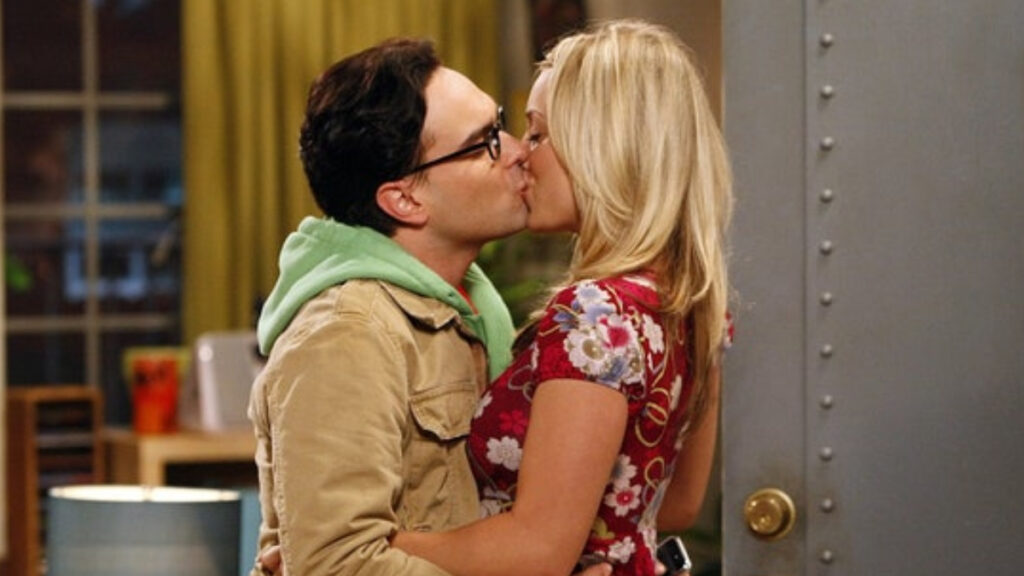
Neurodivergent Relationships: How Therapy Can Help Mixed Neurotype Couples Thrive
7th May, 2025
Relationships are great — until communication starts to unravel. For many, that’s when couples therapy becomes essential. In relationship therapy, mismatched communication styles are often the root issue, even if they show up as problems with sex, commitment, or unmet needs.
In mixed neurotype relationships, it can feel like you’re speaking different languages — not due to lack of love, but because you’re wired to give and receive information in different ways.
The truth? (and this goes for all relationships) Communication takes work. Real, intentional, moment to moment work. Most of us were never taught how to be assertive or how to express our needs clearly.
Neurodivergent Relationships: Why Communication Feels So Hard
People experience and express connection in deeply individual ways — and when two people in a relationship have different neurotypes, that gap can sometimes feel like a canyon.
The Double Empathy Problem, a concept coined by autistic scholar Damian Milton, suggests that misunderstandings in communication between neurodivergent and neurotypical people aren’t just about a lack of skills on one side — they’re mutual. Both people may struggle to understand each other’s internal experiences, emotional cues, and unspoken expectations.
For example, someone who is AuDHD may prefer clear, direct communication. If something isn’t explicitly said, they might not realise it’s being implied. Meanwhile, their partner — whether neurotypical or differently neurodivergent — might use more indirect language or rely on subtle cues, assuming their partner will “just know.” When these styles clash, both people can feel frustrated, hurt, or unseen.
One partner might feel exasperated or uncared for; the other may be confused about what went wrong, overwhelmed with shame or anxiety, and unsure how to fix it.
In some relationships, one partner may seem emotionally distant or distracted. In reality, they might be deeply invested, spending hours thinking about their partner and the relationship. The internal focus, coupled with moments of hyperfocus or sensory overload, means this emotional presence doesn’t always translate into outward gestures.
So one person might feel starved of attention, while the other is confused about how their love isn’t being felt. Both may end up feeling disconnected or alone. This is not because they don’t care, but because they’re speaking different emotional dialects.
How Neurodivergent Relationship Therapy Can Help
Neurodivergent couples therapy, that understands neurodivergence can create a shared language. One that helps you both feel heard and understood. Together, you can build new communication habits that support your connection instead of straining it. Below are some ways you can start to improve communication.
Three Ways to Build Better Communication in Mixed Neurotype Relationships
- Practice assertiveness: Say how you feel using “I” statements. “I feel hurt when you don’t check in with me” is clearer and more productive than “You never care.”
- Create regular check-ins: Spend 10–15 minutes each week talking through what went well, what felt hard, and what you need more of.
- Be direct about your needs: Want more compliments? Say so. Need alone time to reset? Let your partner know and explain why it matters.
Mixed neurotype relationships come with their own unique challenges, just like all relationships — and they also come with unique possibilities for deep intimacy, understanding, and growth.
With support, you can learn how to truly hear each other and build a relationship that works for both of you. If you would benefit from seeing neurodivergent couples therapy, please reach out.


